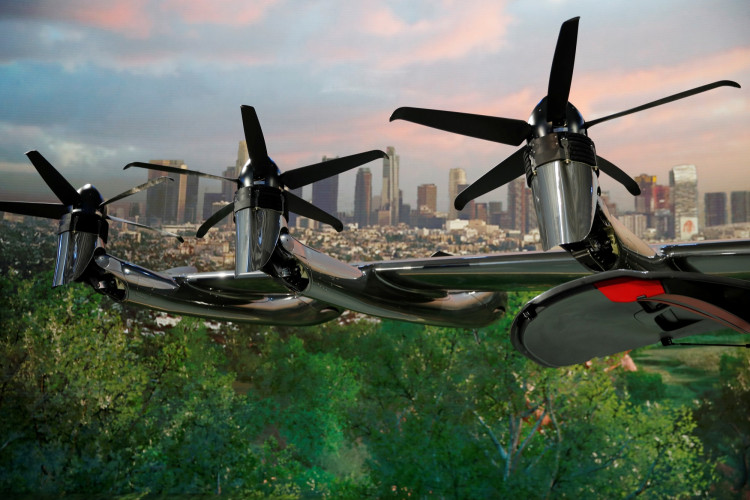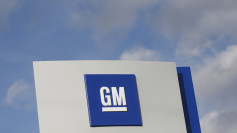Hyundai Motor Co. and General Motors Co. say they are moving forward with the development of flying vehicles.
Hyundai is ahead of its previously announced plan for introducing air-mobility cars, according to Jose Munoz, the company's world chief operating officer, in an interview broadcast at the Reuters Events Car of the Future conference.
Munoz, who is also the chief executive of Hyundai North America, said urban air taxis will be operational at big U.S. airports by 2028, if not sooner. He told Reuters it may happen before 2025.
"We see this market as a significant growth opportunity," Munoz said, adding he was "very confident" of the technology's development.
Hyundai is developing air taxis powered by electric batteries that can transport five to six people from congested urban centers to airports.
"I think that there's a long pathway here," Pamela Fletcher, vice president of General Motors Corp.'s innovation team, said at the event. "2030 is probably a real commercial inflection point."
General Motors unveiled a futuristic flying Cadillac, a self-driving vehicle that transports passengers above the streets and through the air, during the CES 2021 event in January.
The single-passenger Cadillac - officially a vertical takeoff and landing drone - will be able to travel at speeds of up to 55 miles per hour.
According to Munoz, Hyundai envisions its flying vehicles not only servicing residential consumers but also hauling commercial cargo. Hyundai does not want to sell flying cars as a simple transaction, but rather believes it can build services around the vehicles, he added
A number of startups, as well as aviation and vehicle manufacturers, are working on zero-emissions aircraft that can take off and land like helicopters and transport both people and freight. They will, however, have a long path to profitability.
Toyota, Daimler AG, and Geely Automobile Holdings are among the other manufacturers working on flying cars, either alone or in collaboration with startups.





